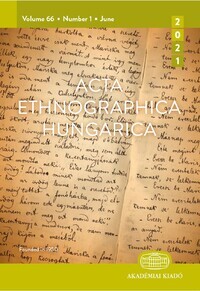Desacralisation. A New Turn in the Changed Relationship with Land in Rural Areas
Desacralisation. A New Turn in the Changed Relationship with Land in Rural Areas
Author(s): József GagyiSubject(s): Rural and urban sociology
Published by: Akadémiai Kiadó
Keywords: land use; land ownership; rurality; Romania; Transylvania; socialism; post-socialism
Summary/Abstract: This paper is based on the assumption that there was a well-articulated idea behind the rapidly spreading phenomenon of theft after the formation of collective farms in Transylvania during socialism: people thought that what they were doing was not wrong because the real culprit was the socialist state that deprived them of their control over their lands. Had that not happened, they would still be their own masters, existentially complete, and should the supremacy of this state cease one day, they would once again be who they were before. This idea vitalized their expectations and hopes as a sacred aura. After 1989, these hopes came true temporarily, and partially, but, as it turned out, the peasant order imagined as existential completeness did not return. After joining the EU, the generation that went through socialization owning and cultivating their own land and then lived awaiting and hoping as collectivist peasants had to realize that it was all wrong: the new system brought its own shortcomings, frustrations, and disappointments as their world lost its sacredness.
Journal: Acta Ethnographica Hungarica
- Issue Year: 66/2021
- Issue No: 1
- Page Range: 173-180
- Page Count: 8
- Language: English

